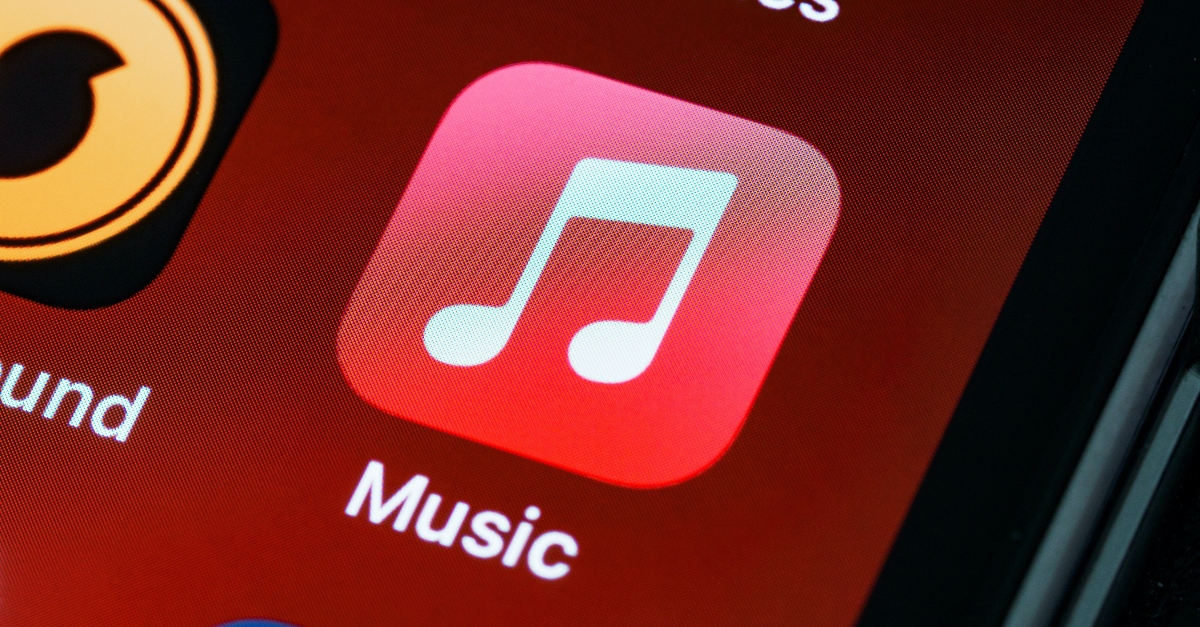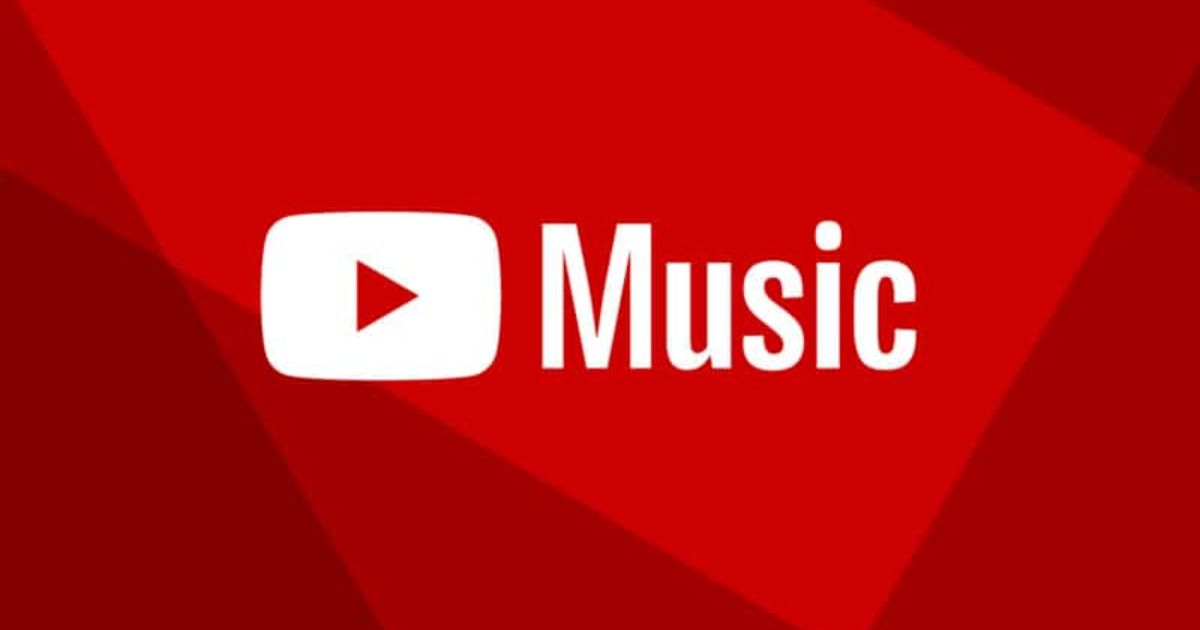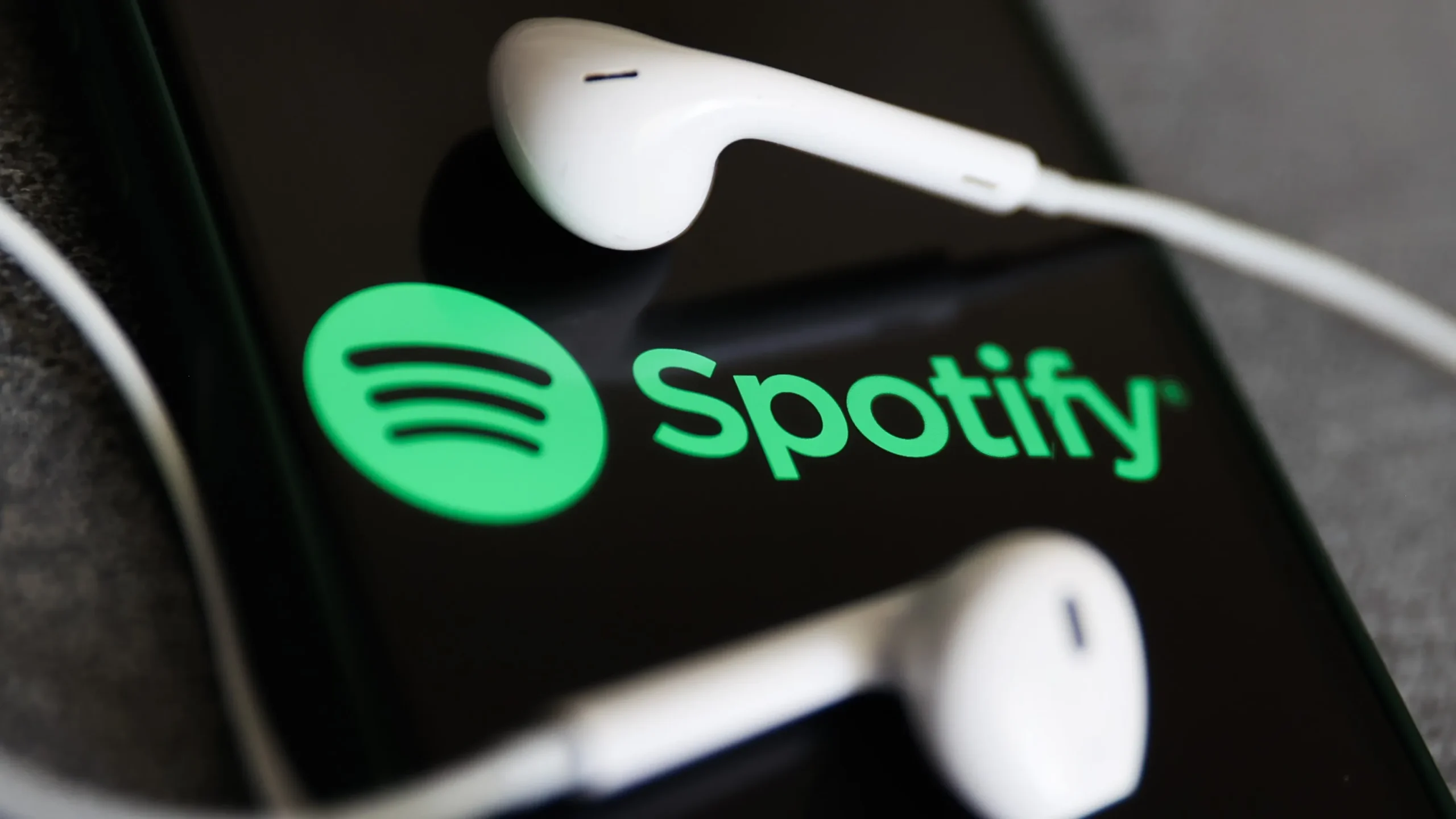Music royalties are a major source of income for artists, songwriters, and producers, but how much can a hit song actually earn? From radio play to streaming platforms and licensing deals, the earning potential of a successful song is vast, yet often misunderstood. Let’s break down the different ways a hit song can earn royalties and how these payments are calculated. Whether you’re a budding artist or an avid music fan, understanding this process offers valuable insight into the music industry’s financial terrain.
1. Streaming Royalties: A Modern Revenue Stream
With streaming platforms like Spotify, Apple Music, and YouTube dominating the music industry, streaming royalties have become the primary source of income for many artists today. But how much do they really make?
Streaming platforms pay royalties based on a per-stream rate, which is determined by the platform’s total revenue and the number of times a song is played. For example, Spotify pays around $0.003 to $0.005 per stream. This means that to earn significant money, a song needs millions of streams. A hit song, therefore, has the potential to generate substantial income over time. However, since the payout is relatively small per play, the key to significant earnings lies in the volume of streams a song gets. Popular songs that are streamed frequently can earn thousands to even millions of dollars in royalties over time.
2. Radio Play Royalties: Traditional Yet Lucrative
Despite the rise of digital streaming, traditional radio play remains an important revenue stream for hit songs. Radio royalties are calculated differently than streaming royalties. They are typically paid through Performance Rights Organizations (PROs) such as ASCAP, BMI, or SESAC in the U.S.
Every time a song is played on the radio, a small royalty is paid to the artist, songwriter, and other stakeholders. The amount varies depending on the station’s size and the frequency of the song’s airplay. For a hit song, these royalties can add up quickly. For example, if a song is played on popular FM stations, it could earn anywhere from $1 to $10 per play, with larger payouts if the song is in heavy rotation. While it may not rival the earnings from streaming, radio play still represents a significant source of income for popular songs.

3. Performance Royalties: Live Performances and Venues
Live performances remain a major revenue source for many artists, especially when a song hits the charts. Whether it’s a sold-out concert, a festival appearance, or a performance in a small venue, artists earn royalties through live performances. Performance royalties are collected by PROs and distributed to the songwriters, composers, and artists performing the song.
For a hit song, the earnings from live shows can be substantial. An artist performing at a major venue or festival with a crowd of thousands can generate tens of thousands of dollars in royalties for each performance. Additionally, ticket sales, merchandise, and other revenue from the event can contribute to the artist’s earnings. With a hit song, these live performance opportunities are significantly more frequent, leading to increased earnings from performances around the world.

4. Synchronization Royalties: Licensing Your Song for TV, Movies, and Ads
One of the more lucrative ways a hit song can earn royalties is through synchronization (sync) licensing. This occurs when a song is used in television shows, movies, commercials, video games, or other multimedia platforms. Sync royalties are often a one-time fee or a combination of upfront payment and ongoing royalties, depending on the licensing agreement.
For a hit song, sync licensing can bring in substantial income. A popular song placed in a high-profile commercial or blockbuster film can earn the artist hundreds of thousands of dollars in royalties. The exact payout depends on the context in which the song is used, the licensing agreement, and the platform. Sync licensing provides the added benefit of potentially reaching new audiences, further boosting the song’s popularity and ongoing revenue.


